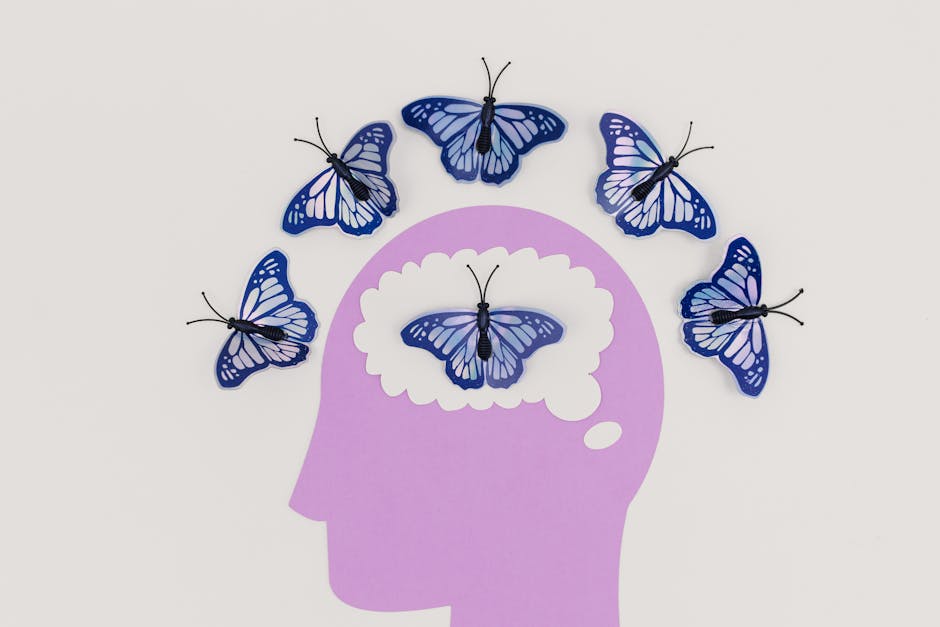
Scientific Misconceptions Clarified •
Mar '25
Microwaves have been a kitchen staple for decades, making life easier with quick meals and reheated leftovers. But despite their convenience, they’ve been the subject of persistent health concerns. Some believe microwaves destroy nutrients in food,... Read more >>

Scientific Misconceptions Clarified •
Mar '25
Water plays a critical role in overall health, but does it actually contribute to faster weight loss? Many people believe that increasing water intake can speed up metabolism, reduce hunger, and enhance fat burning. Scientific research provides mixed... Read more >>

Scientific Misconceptions Clarified •
Feb '25
The idea that cracking knuckles causes arthritis is widely believed, but research does not support this claim. The belief likely stems from the discomfort some experience when hearing the sound, leading to the assumption that repeated cracking damage... Read more >>

Scientific Misconceptions Clarified •
Feb '25
The five-second rule is a widely believed concept that suggests food dropped on the floor is still safe to eat if picked up within five seconds. Many people rely on this notion, assuming that bacteria need more time to transfer onto food. However, sc... Read more >>

Scientific Misconceptions Clarified •
Jan '25
The idea that people are either "left-brained" or "right-brained" has been widely accepted for years. According to this belief, individuals who are left-brained are more analytical and logical, while those who are right-brained are more creative and ... Read more >>

Scientific Misconceptions Clarified •
Jan '25
The idea that humans use only 10 percent of their brains is a widely circulated myth. It has been referenced in movies, books, and motivational speeches, often as a way to suggest that people have untapped mental potential. However, scientific resear... Read more >>

Scientific Misconceptions Clarified •
Jan '25
Monosodium glutamate (MSG) has been a topic of debate for decades, with strong opinions on both sides. Some believe it is a harmful additive linked to various health issues, while others see it as a safe and effective way to enhance food flavor. Desp... Read more >>

Scientific Misconceptions Clarified •
Jan '25
Many parents and educators have long assumed that sugar consumption makes children hyperactive. This idea has influenced dietary guidelines, school policies, and parenting strategies. However, scientific research has repeatedly shown that there is no... Read more >>

Scientific Misconceptions Clarified •
Nov '24
Vaccines have long been a marvel of modern medicine, saving millions of lives and eradicating deadly diseases. Yet, despite their success, misinformation and misunderstanding continue to cloud public perception. The science behind vaccines and immuni... Read more >>








